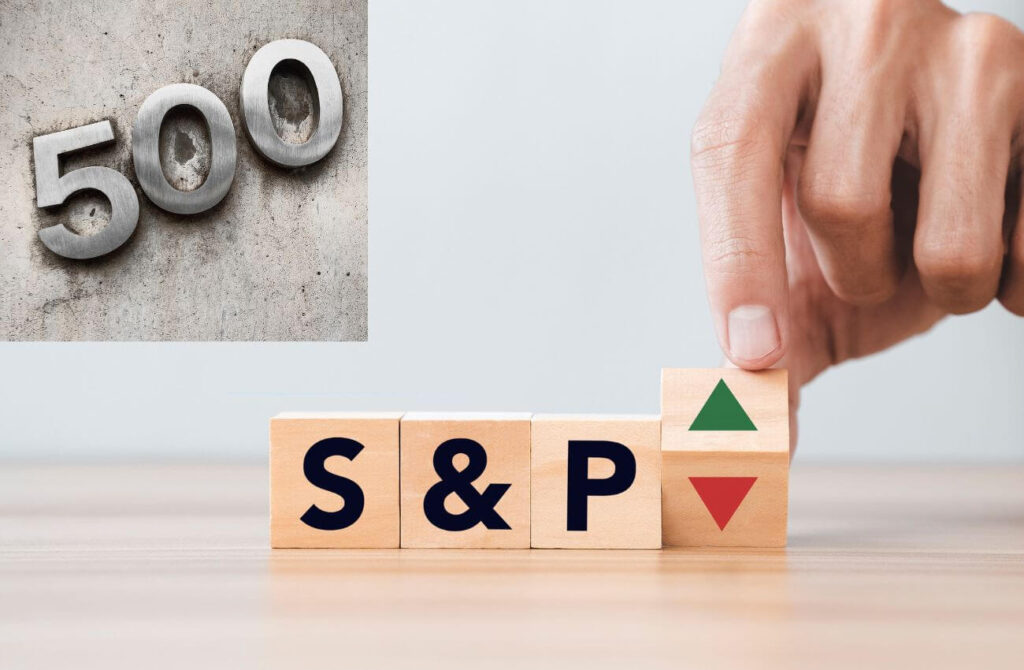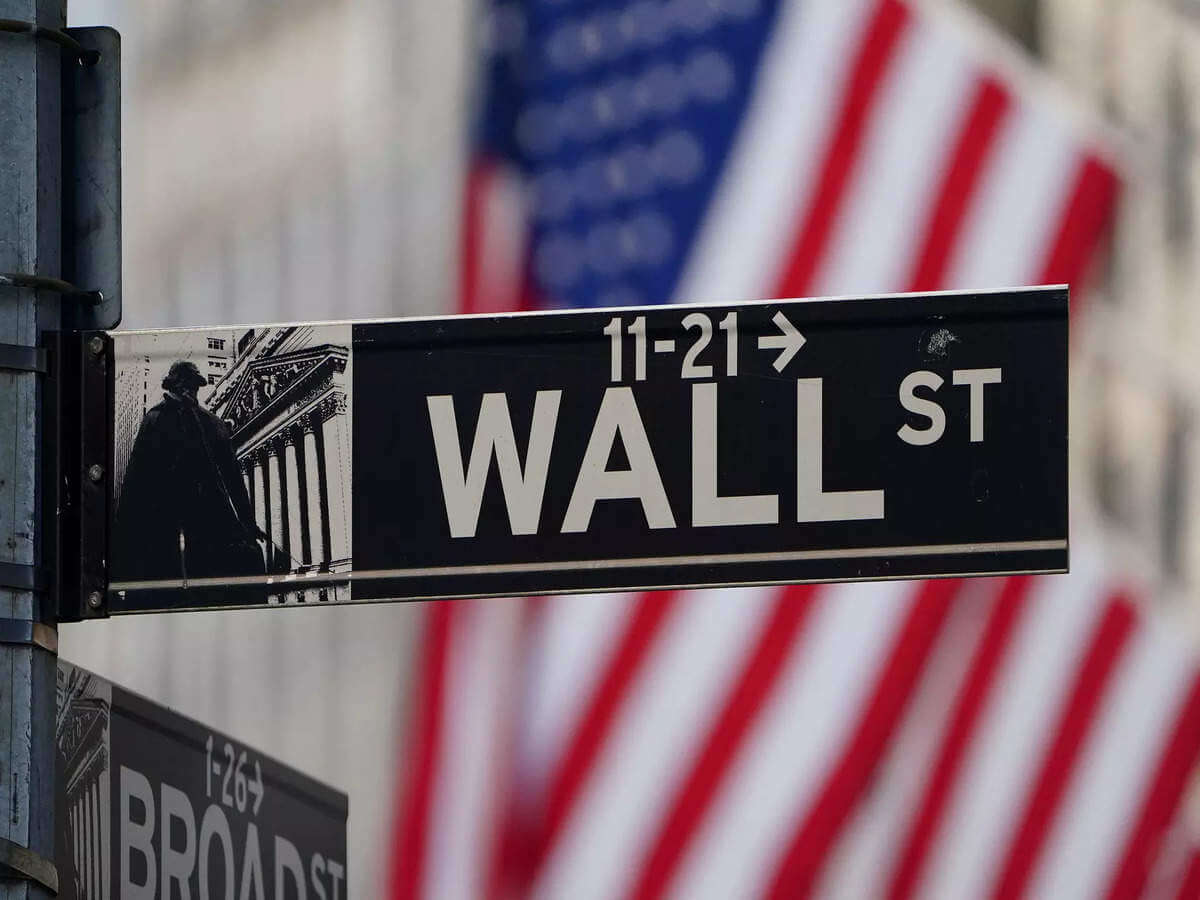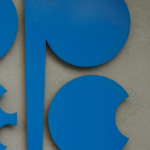The stock market’s upward momentum slowed down as the S&P 500 index briefly touched the 5,100 mark, facing challenges in maintaining its gains. Big tech companies, which had been driving a powerful rally fueled by excitement over artificial intelligence, struggled to sustain their upward trajectory.

Despite achieving multiple records in the world’s largest equity market, the “Magnificent Seven” group of mega-cap stocks showed signs of underperformance. Notably, Nvidia Corp. managed a modest gain, maintaining its value close to the $2 trillion mark.
Investors are now grappling with the rapid pace of the tech rally and weighing the decision to cash in on profits. Mark Haefele from UBS Global Wealth Management emphasized the importance of strategic exposure to US large-cap technology despite the temptation to rebalance portfolios.
Optimism about the potential of artificial intelligence coupled with expectations of economic growth amidst easing monetary policy have been cited as factors driving further gains in equities. Bank of America Corp.’s Michael Hartnett described this combination as a “magic sauce” for market expansion, highlighting the evolving landscape of AI technologies.
However, amidst the optimism, there are cautious voices. John Williams, President of the Federal Reserve Bank of New York, expressed confidence in the economy’s trajectory but hinted at potential rate cuts later in the year.
Market analysts observe a “tug of war” between bullish and bearish sentiments, with technical indicators aligning with positive fundamental developments. Despite concerns about narrow market breadth, Chris Zaccarelli from Independent Advisor Alliance warned against betting against the market’s upward momentum.
The rally in Nvidia’s shares resulted in significant losses for short sellers, adding to the debate surrounding the company’s valuation and the broader market sentiment. While some argue that the surge in tech stocks reflects underlying earnings fundamentals, others caution against speculative bubbles.
Looking ahead, market participants anticipate potential pullbacks and increased volatility but remain supportive of the “buy-the-dip” strategy, particularly for big tech stocks. However, concerns persist about the broader market participation and the impact of Federal Reserve policy decisions on market dynamics.
Corporate highlights include notable investments in AI-driven technologies by major tech companies like Nvidia and Jeff Bezos. Additionally, mixed financial performances were reported by companies such as Warner Bros. Discovery Inc. and Booking Holdings Inc., reflecting ongoing challenges in certain sectors.
In summary, while the market reached new highs, uncertainties linger regarding the sustainability of the rally and the broader economic and policy landscape.









